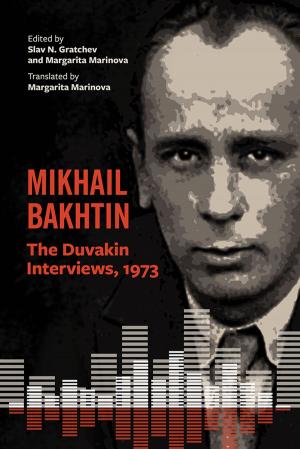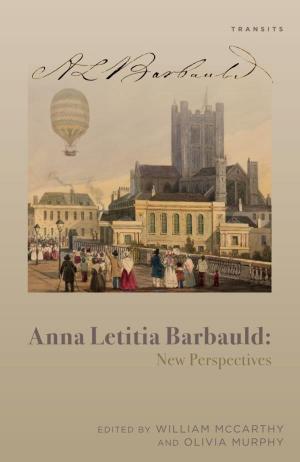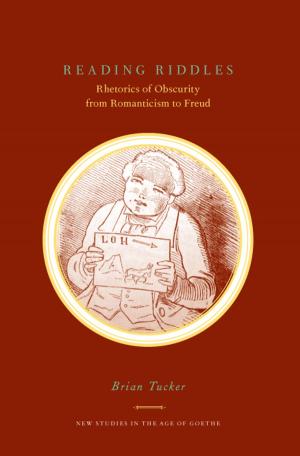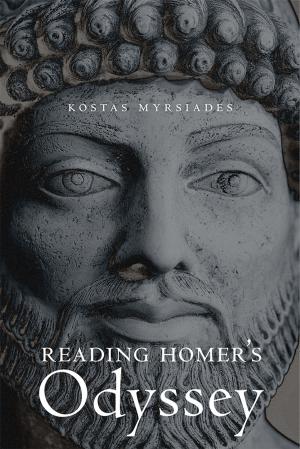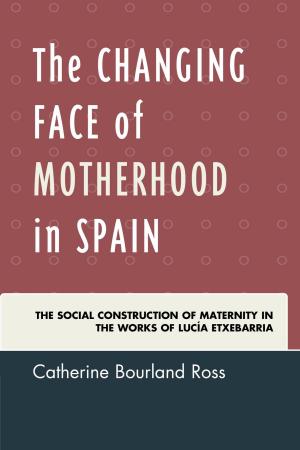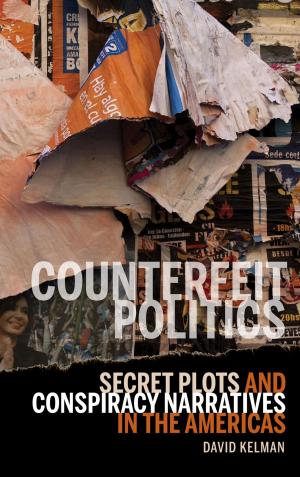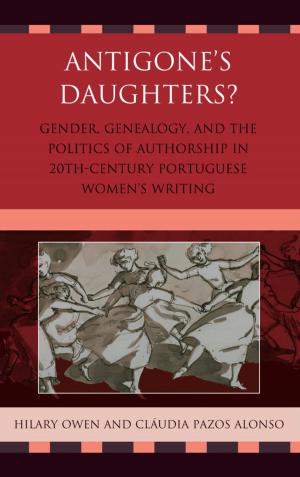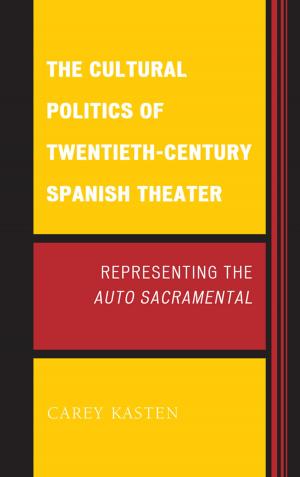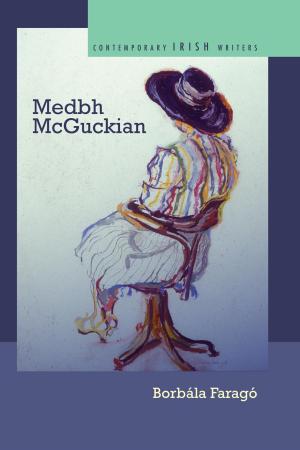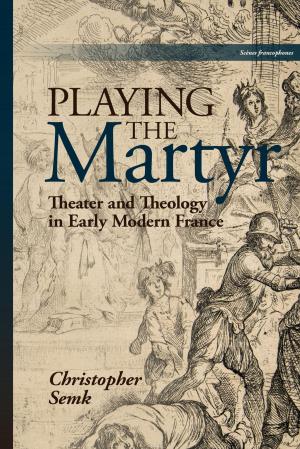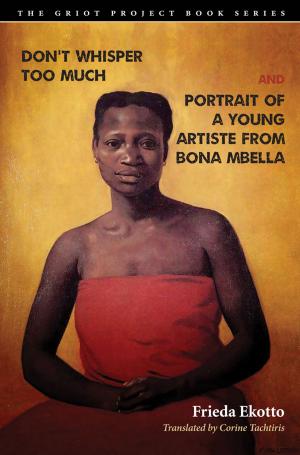José Carlos Mariátegui’s Unfinished Revolution
Politics, Poetics, and Change in 1920s Peru
Fiction & Literature, Literary Theory & Criticism, Central & South American, Nonfiction, History, Americas, South America| Author: | Melisa Moore | ISBN: | 9781611484632 |
| Publisher: | Bucknell University Press | Publication: | December 18, 2013 |
| Imprint: | Bucknell University Press | Language: | English |
| Author: | Melisa Moore |
| ISBN: | 9781611484632 |
| Publisher: | Bucknell University Press |
| Publication: | December 18, 2013 |
| Imprint: | Bucknell University Press |
| Language: | English |
Comprising six full-length chapters, a comprehensive Introduction and Conclusion, this monograph is extensive in scale and scope. It provides fresh readings of key writings of Mariátegui, one of Latin America’s most important and revolutionary political, cultural and aesthetic theorists, through the lens of his poetics, emphasizing the value of this approach for a fuller understanding of his work’s political meaning and impact. It does so through detailed analysis of the poetic, expressive language employed in seminal political essays, aimed at forging a new Marxist position in 1920s Peru. Furthermore, it offers powerful and original critiques of understudied intellectuals of this time, especially aprista-Futurist, Socialist and Indigenist female writers and artists, such as Magda Portal and Ángela Ramos, whose work he championed. These readings are fully contextualized in terms of detailed critical study of complex sociopolitical conditions and positions, and bio-bibliographical, intellectual backgrounds of Mariátegui and his contemporaries. The monograph examines and underscores the fundamental importance of Mariátegui’s, and their, politico-poetic practices and projects for forging a national-cum-cosmopolitan, shared, yet also heterogeneous, political culture and cultural tradition in 1920s Peru.
Comprising six full-length chapters, a comprehensive Introduction and Conclusion, this monograph is extensive in scale and scope. It provides fresh readings of key writings of Mariátegui, one of Latin America’s most important and revolutionary political, cultural and aesthetic theorists, through the lens of his poetics, emphasizing the value of this approach for a fuller understanding of his work’s political meaning and impact. It does so through detailed analysis of the poetic, expressive language employed in seminal political essays, aimed at forging a new Marxist position in 1920s Peru. Furthermore, it offers powerful and original critiques of understudied intellectuals of this time, especially aprista-Futurist, Socialist and Indigenist female writers and artists, such as Magda Portal and Ángela Ramos, whose work he championed. These readings are fully contextualized in terms of detailed critical study of complex sociopolitical conditions and positions, and bio-bibliographical, intellectual backgrounds of Mariátegui and his contemporaries. The monograph examines and underscores the fundamental importance of Mariátegui’s, and their, politico-poetic practices and projects for forging a national-cum-cosmopolitan, shared, yet also heterogeneous, political culture and cultural tradition in 1920s Peru.


